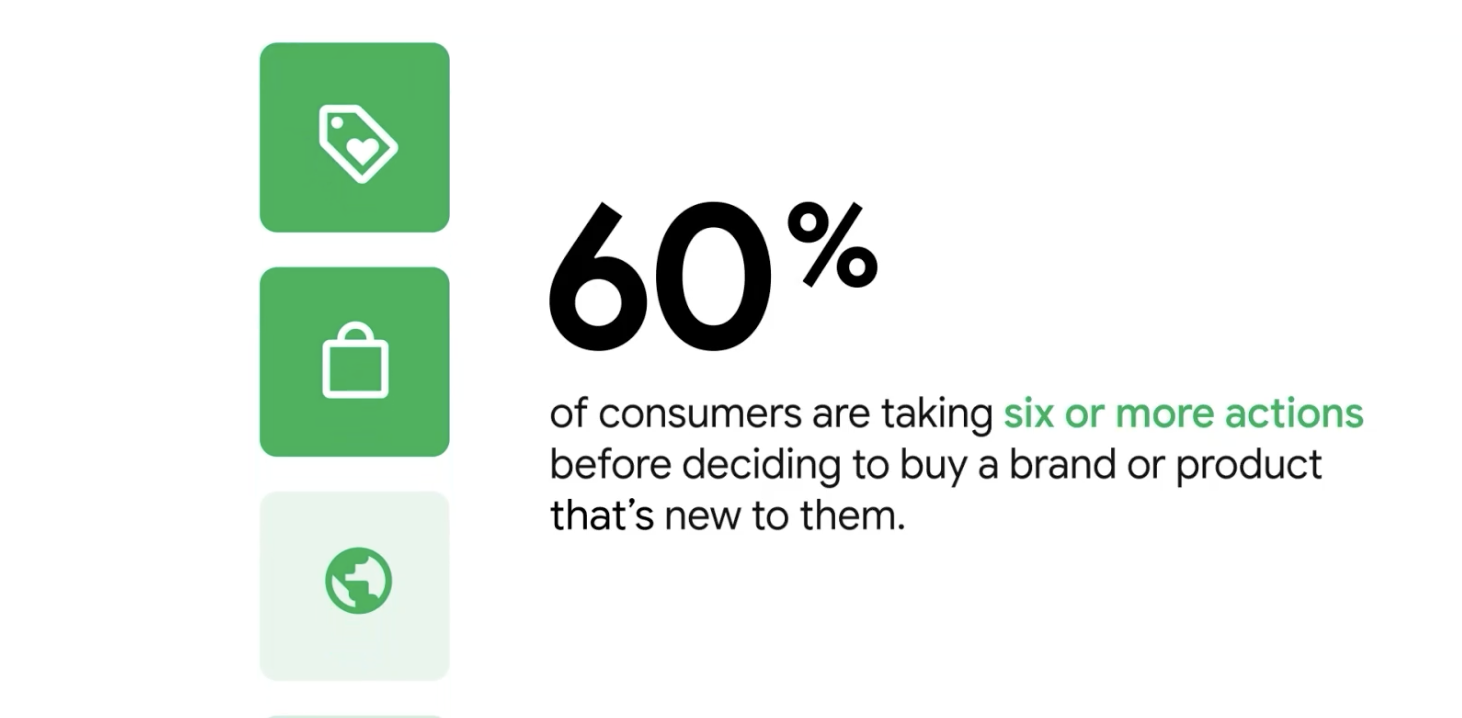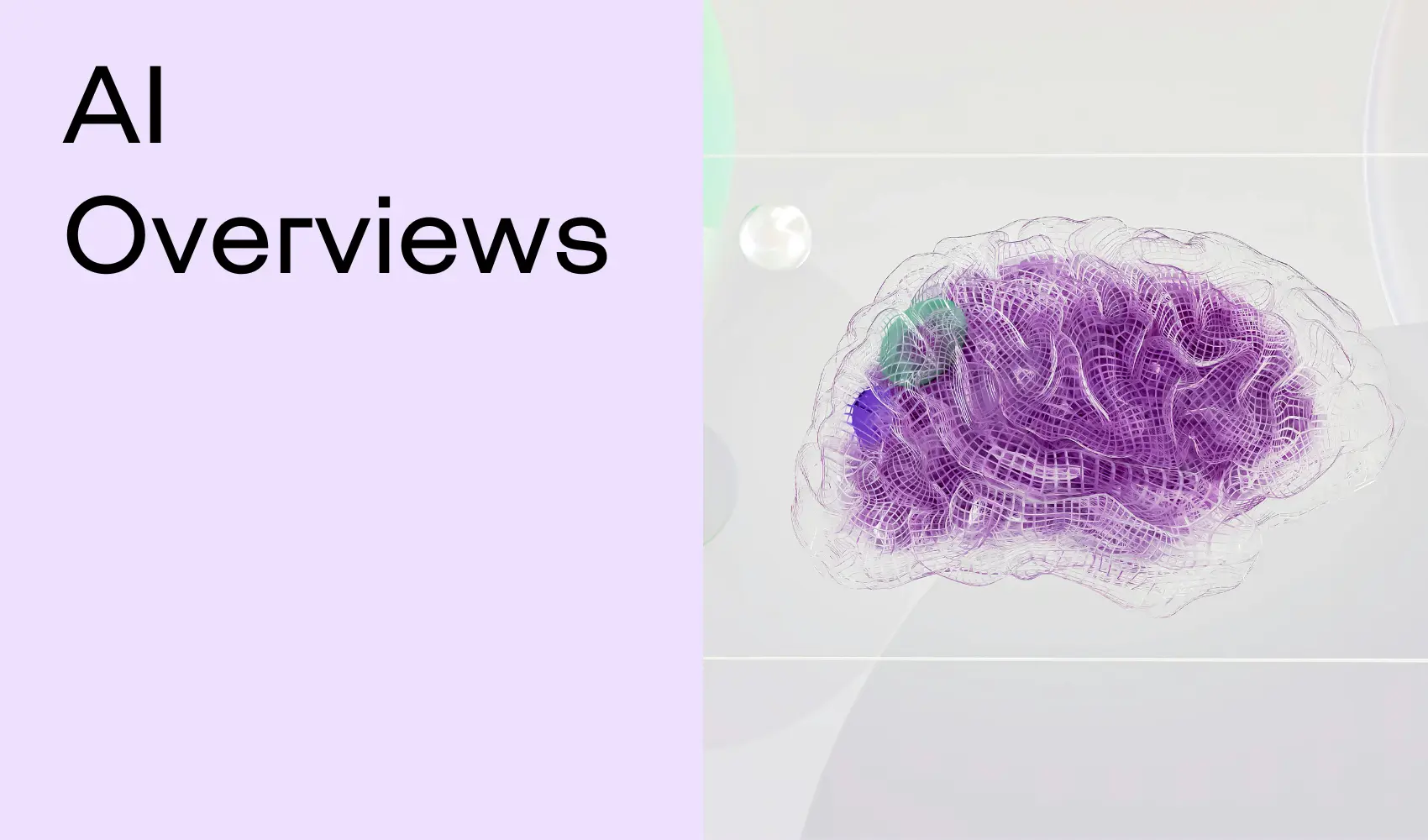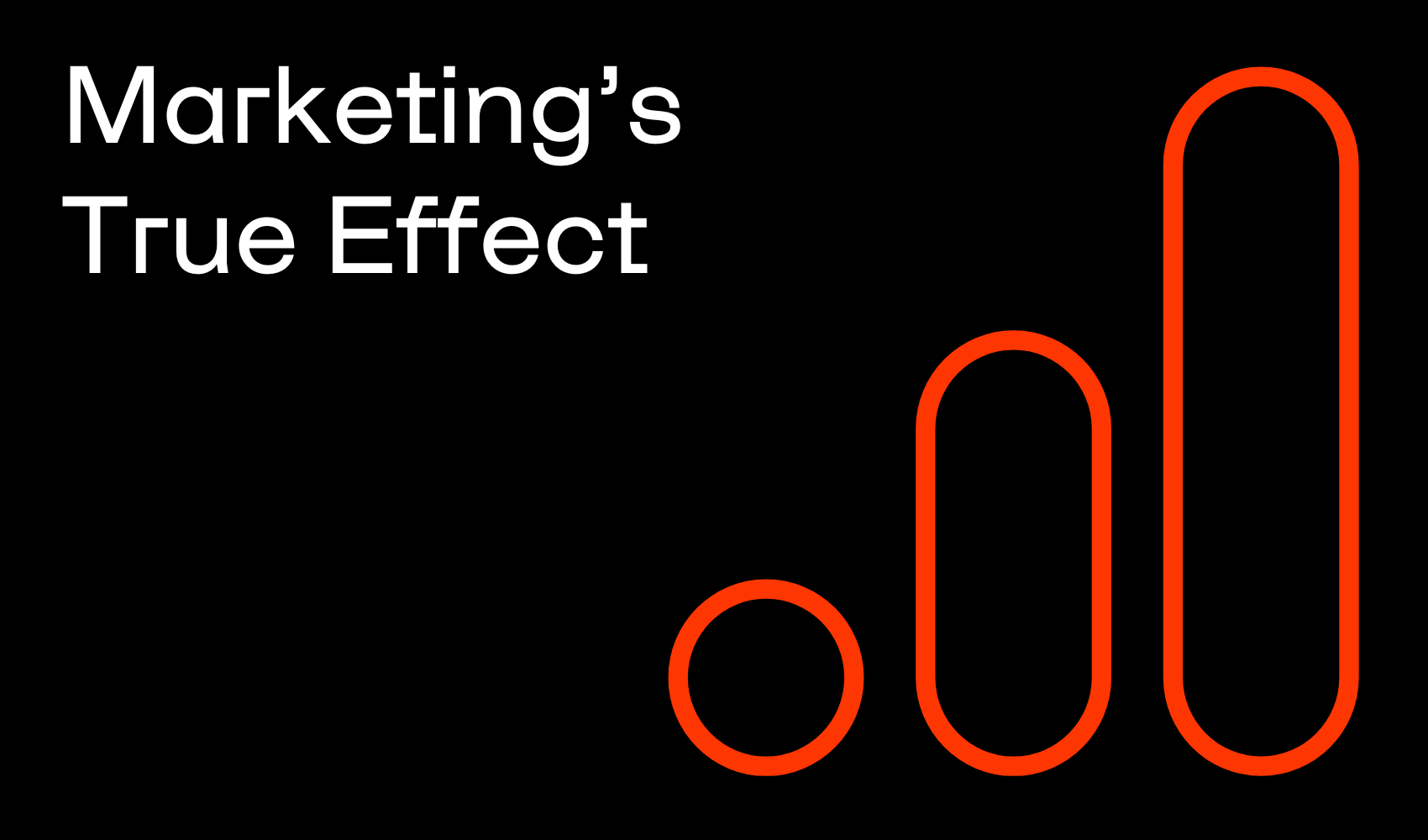At this moment, there are many entrepreneurs who have understood that consumers' shopping journeys have become longer and more complex. It is only necessary to start from yourself when purchasing a new product or service.
We are facing challenges like never before and this phenomenon, fueled in part by troubled economics and the abundance of choice and information available, is proving to be more than a temporary trend.
Today we will dive into how this conscious customer behaves and why he chooses to buy from a certain company. I also highlight how the increasingly complex buying environment offers marketers a unique chance to build consumer trust and steer the user towards purchase.

An increasingly complex buying process
The modern shopping experience is far from simple. It includes a mix of touch points such as images and text, online and offline channels, and also different moments such as when someone investigates a product days after they discover it. According to a study by Google, today's consumers are more likely to spend time on research before purchase to find the best deals, ensure good quality and meet their needs.
This means that consumers use multiple sources to obtain information about their purchase decisions. Whole 60% of consumers take six or more actions before they decide to buy from a new brand or a new product. This requires constant presence with the right message when consumers are looking for information. It is most common to turn to Google Search to get information through the entire conversion path.
Navigating consumers' increasingly complex buying processes can feel overwhelming, but this is where AI excels, finding patterns far too complex for a human to understand. With Google's AI solutions, marketers can create strategies that continuously adapt to new shopping habits, build trust with every contact, and drive relevant traffic along the way. Performance Max the campaigns in Google Ads has proven to be really adept at adapting content to massive amounts of historical, real-time and forecast-based data.
Studies from Google:
- Compare prices from different brands and products (80%)
- Looking for reviews and information (75%)
- Visiting the brand website or app (67%)
- Visiting the product in physical store (66%)
- Reading about return police (60%)
Furthermore, the studies also showed:
- To use Google Search helps 40% of consumers make smart and informed decisions compared to social media (28%) and online marketplaces (34%).
- Even when interest in a product is sparked elsewhere, Google plays an important role. For example, 70% of consumers on social media report using Google Search to look for information and evaluate products that caught their attention on social media.
Conclusion
From Adfreak's perspective, the increasing complexity of consumer buying processes is not only a challenge but an opportunity. By leveraging AI and being present in consumer decision-making processes, marketers can build deeper trust and drive their business forward with customized strategies that meet the needs of the modern consumer.
One of Adfreak's strengths is an understanding of AI and how to "prompt" machine learning with qualitative data. With advanced tracking and data collection, as well as a deep understanding of the technology behind advertising, we create Google Ads ads on steroids.
Read more about this at: Google Blog




